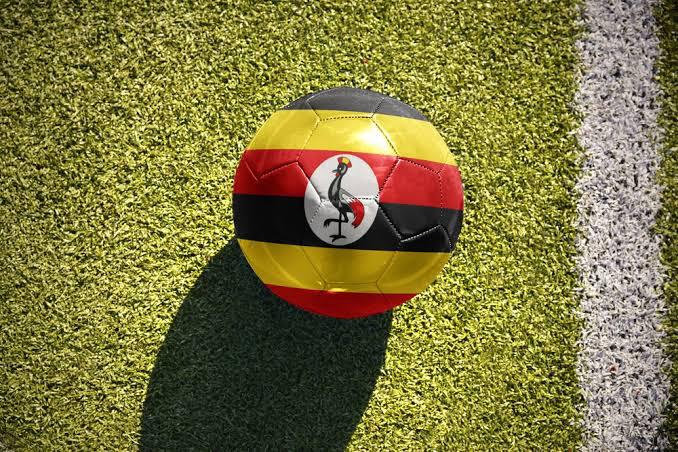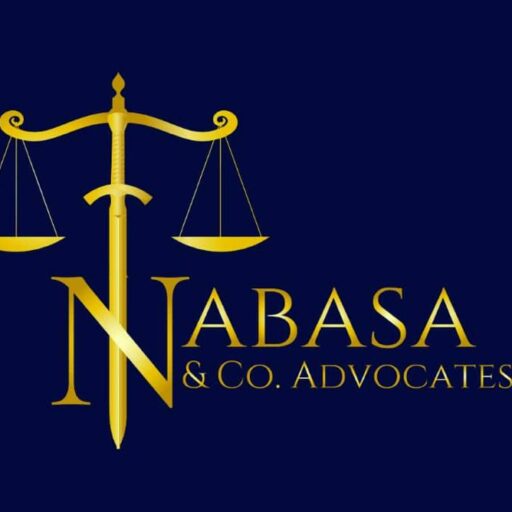
Pro-line Soccer Academy Limited, the exclusive licensee of the image rights of Eleven (11) members of the
“Uganda Cranes” (Uganda’s National Football Team) sued the defendants for continued use of the soccer
players’ photographs in advertising and promoting activities of MTN Uganda Limited after their contract
expired.
Hon. Justice Stephen Mubiru, ruled in favour of Pro-line Soccer Academy holding that image rights originally
belong to a person and can be invoked by celebrities to prevent unauthorized commercial use of various
aspects of their persona such as likeliness or identity.
Image rights are rights that individuals have in their personality, which enables them to control the
exploitation of their name or picture. In regard to soccer players, they include the player’s name, nickname,
slogan, get-ups, squad number, reputation, videos, electronic or computer-generated representation, image
and graphical representation, etc.
Image rights consist of the right to property, the right to privacy, and the right to publicity; which a celebrity
may use to market his or her image or likeliness for financial gain; through sponsorship, endorsements, and
merchandising. Image rights are the equivalent of trademark protection for a logo or copyright for a work of
art.
Under Sports Law, regulation of the image rights of professional sportspersons is defined privately, through
employment contracts or image rights agreements executed between the player and a club, sports
corporations, sportspersons, personal sponsors, and national associations.
These contracts grant the club, company, or association the right to photograph the player both individually,
and as a member of a squad, and use his/her image as part of the team’s collective image, to promote the club
or league and the manufacture, sale, distribution, licensing, advertising, marketing and promotion of the
club’s branded and sports-related products or services.
In order for contracts of this nature to achieve the required level of clarity and conciseness the High Court
provided guidance that they should contain clauses regarding the duration, fees, terms of payment, scope of
the image exploitation, obligations of both parties, the IP rights and trademarks protection, the termination
conditions, jurisdiction, and governing law chosen by the parties, and any other items agreed to by the parties.
Conclusion
Pro-Line Soccer Academy Limited v MTN Uganda Limited and others serves as a landmark decision affirming
the significance of image rights in the realm of sports law. The ruling by Hon. Justice Stephen Mubiru
underscores the fundamental principle that image rights originally belonged to individuals and celebrities,
including professional sportspersons like soccer players, have the right to protect their persona from
unauthorized commercial use.
Authored by Isabella Pedun
